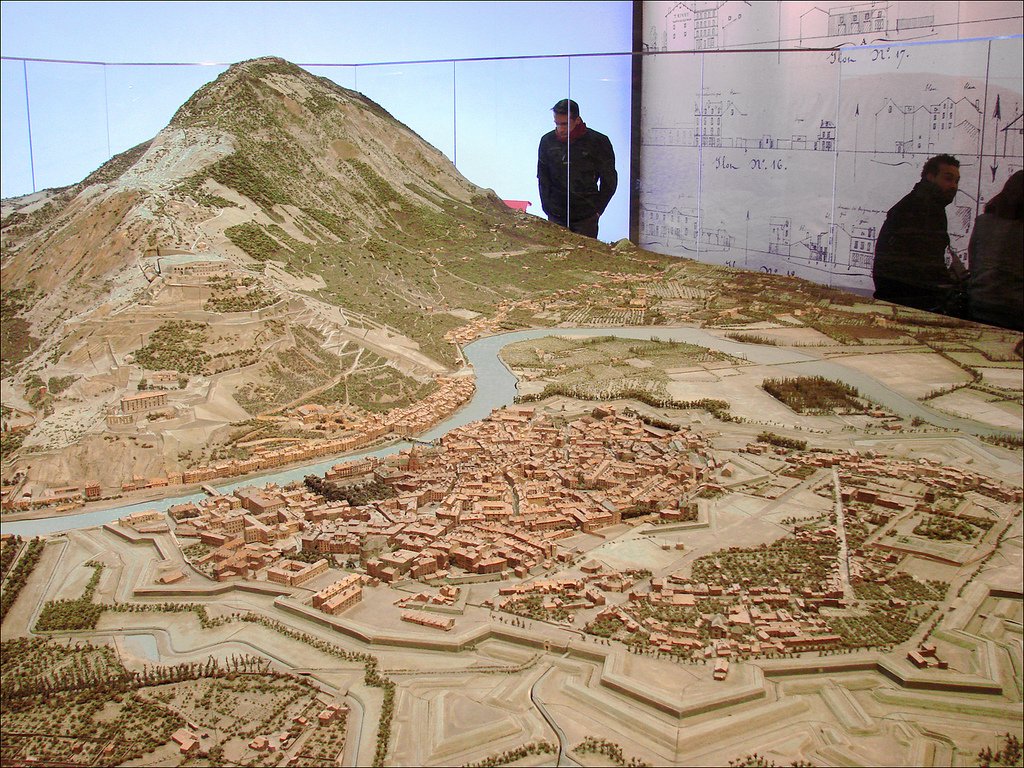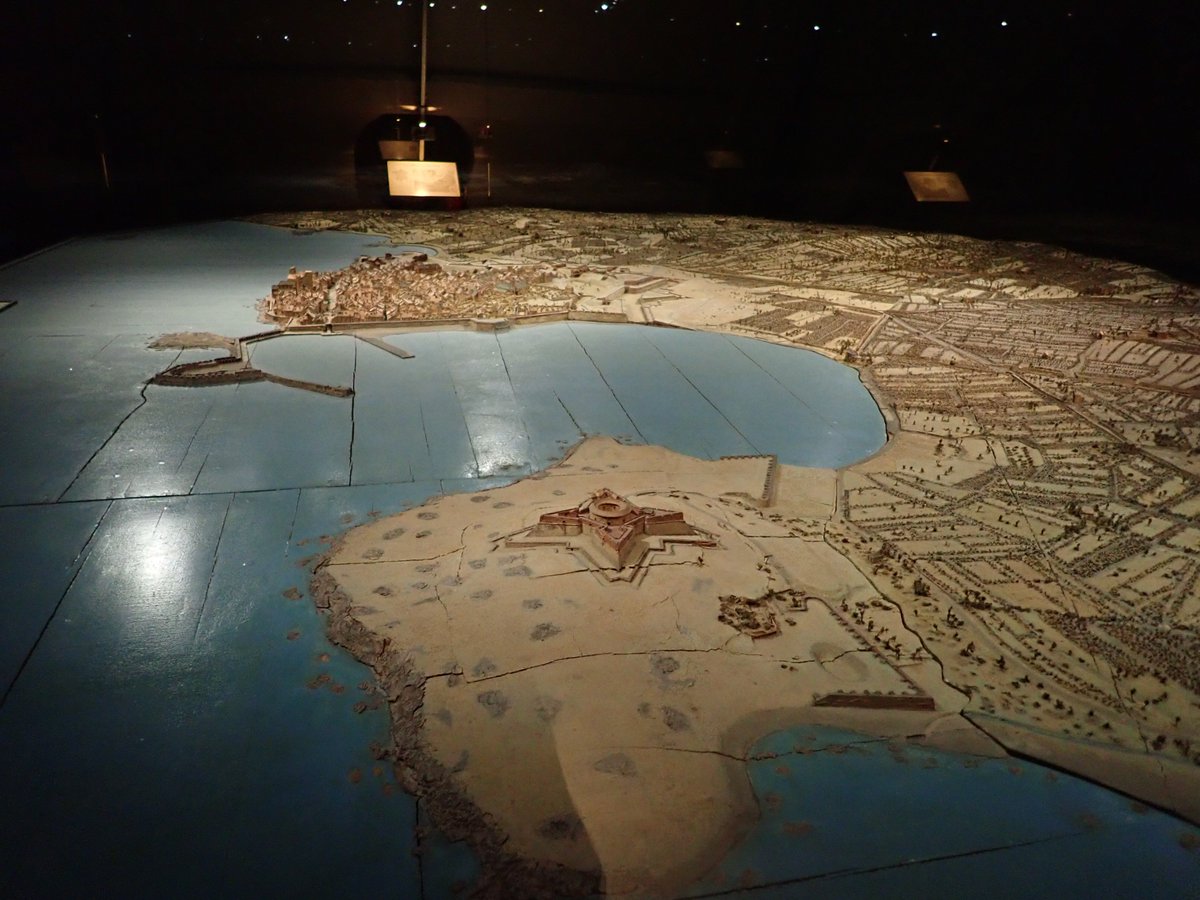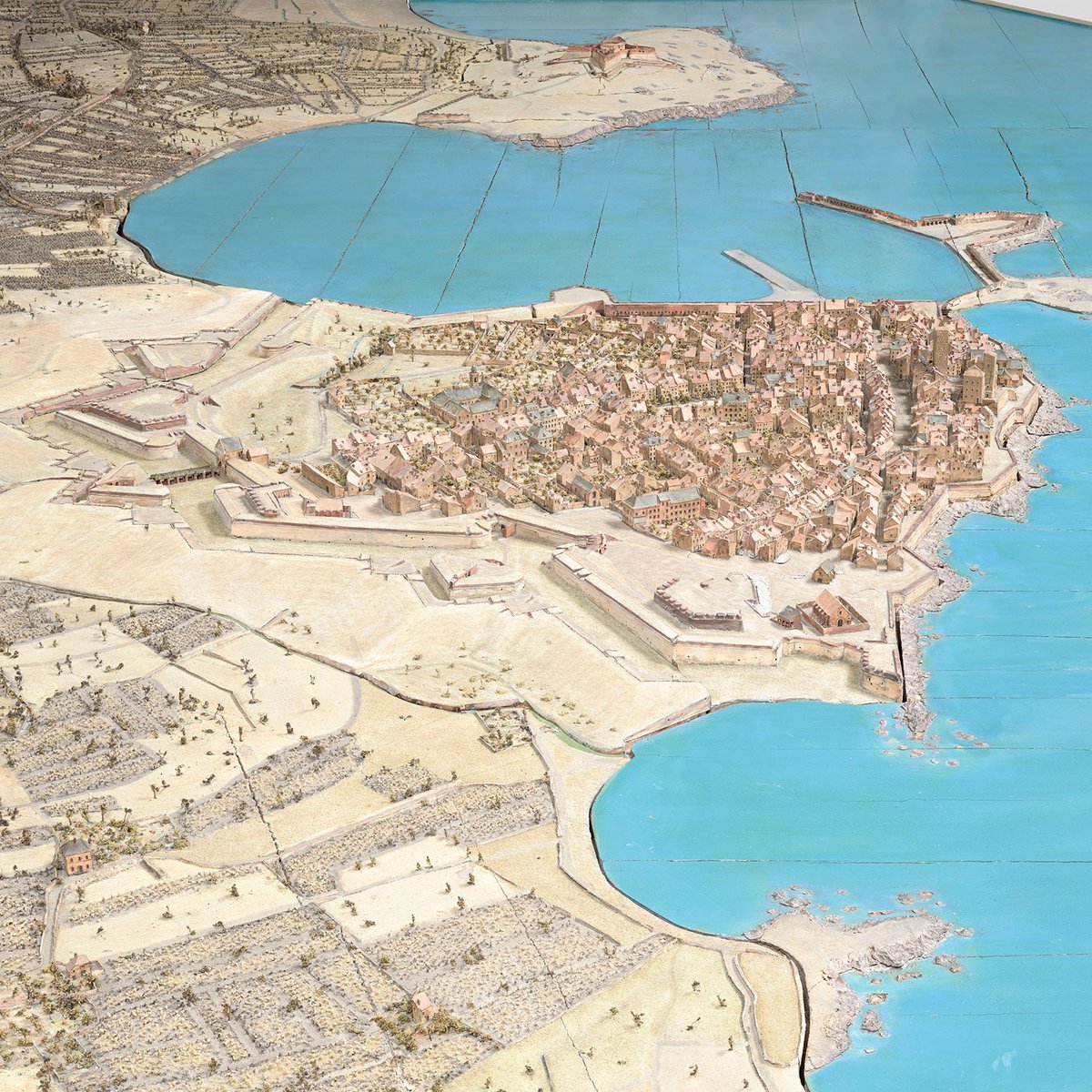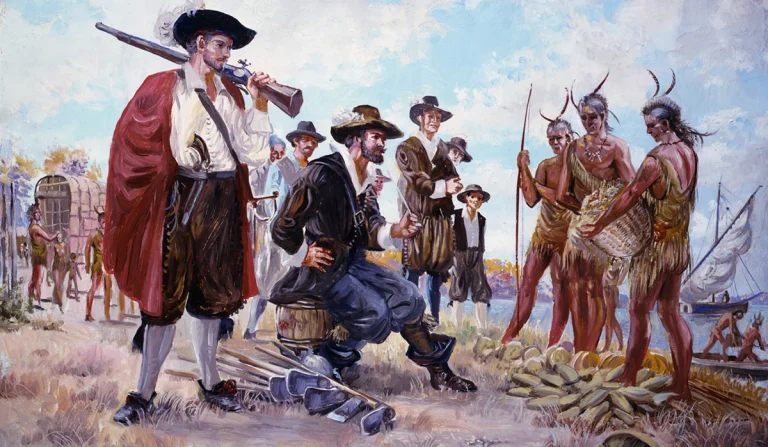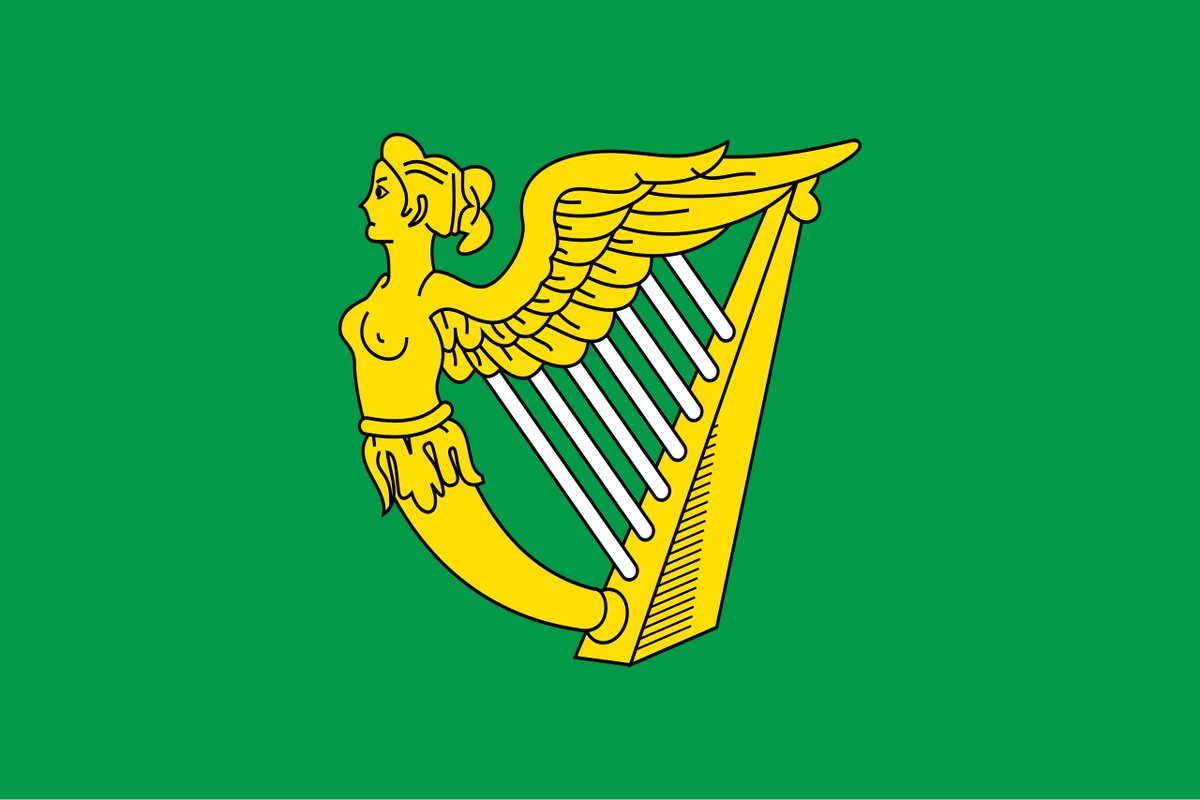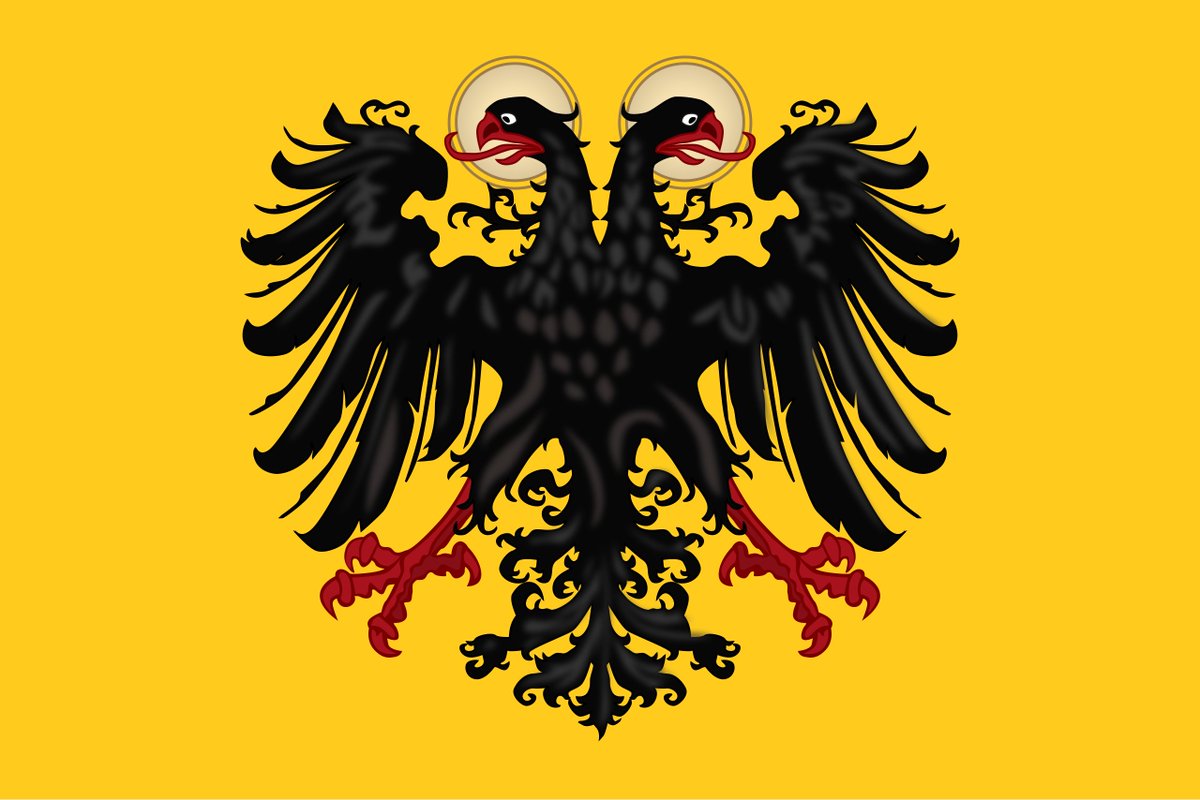Today 1 February is the anniversary of the Skirmish at Bender when in 1713 around 600 Ottomans attacked Swedish King Charles XII protected by around 40 soldiers. Why did the Ottomans attack the Swedish King so far away from his home in modern-day Moldavia? I explain... (thread) 

After the battle of Poltava in 1709 where the Russians defeated the Swedish, Swedish King Charles XII fled to the Ottoman Empire, an enemy of Russia. He would spend the next 4 years in the Ottoman lands! 

The Swedish King was initially well accepted and settled in Bender, an Ottoman-controlled town in modern-day Moldavia which had a fortress. 





There the Swedes set up their camp. From the comfort of this camp, Charles XII was convincing the Ottomans to attack Russia and involved himself in the Ottoman politics. However this also brought him enemies. 





Many Ottomans were beginning to get tired of him including the people of Bender where Charles' entourage accumulated debts! The Ottomans started seeing him as a burden. They decided to capture him which led to this skirmish of Bender. 

However the skirmish proved very difficult for the Ottomans. Despite outnumbering the Swedish 600 to 40, the fighting lasted for 7 hours. The Swedes were well equipped and experienced veterans, and the Ottomans' plan to capture Charles XII alive also hindered them somewhat. 

Charles XII himself killed one of the Turkish soldiers with a sword, and was shooting at them from his sleeping quarters! After futile assaults, the Ottomans wisely started using fire arrows to set the roof of the building on fire and force the Swedes to come out! 

Charles XII was captured after he tripped on his own spurs during escape. He would be kept a prisoner in Constantinople where he would play chess and study the Ottoman navy until he returned to Sweden in autumn the same year. 

This skirmish at Bender is also called "kalabalik" from the Turkish word meaning crowd. Because of this skirmish this word entered Swedish language meaning disorder, riot or chaos! 

• • •
Missing some Tweet in this thread? You can try to
force a refresh


